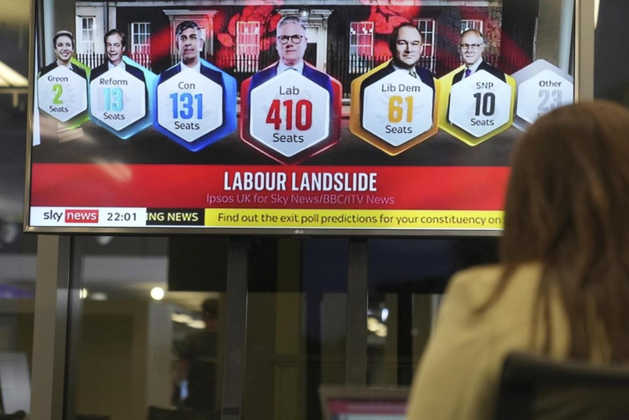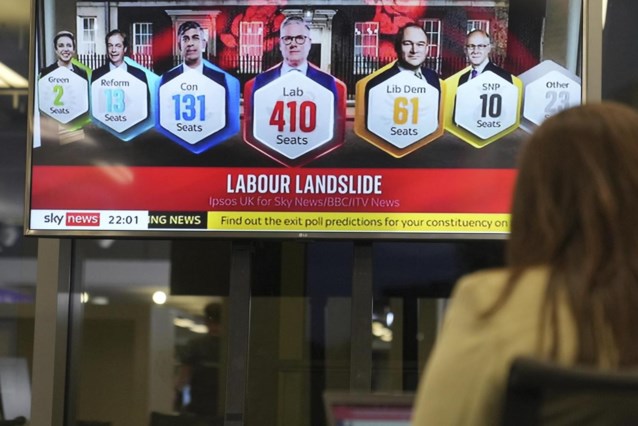The new wealth tax plan could cause Dutch start-up employees to succumb to the tax burden. This can lead to brain drain, Techleap advocates said in a report published today.
Report, compiled by Archipel Tax Advice on behalf of Techleap, is critical of Secretary of State Marnix van Rij (CDA)’s plans to introduce a so-called ‘wealth-added tax’ in the Netherlands. In this system, startup owners pay taxes as the value of their company grows. However, this increase in value can usually only be realized in the event of a sale. Employees, who are often paid in stock, suffer relatively the most from this tax on paper wealth.
‘In many cases, people have to pay taxes more than twice their salary’
Archipel’s Tax Advice uses historical data to see how much the tax officers of a well-known and successful Dutch startup had to pay under this tax regime. The report mentions Adyen, Picnic and BUNQ among others. “In many cases, people have to pay taxes more than twice their salary,” said Thomas Vrolijk, Head of Government Affairs at Techleap.
Read also | Paying taxes on money you never earned: box-3 ‘disaster’ for new companies
According to Vrolijk, the question is whether these start-ups will be successful if the Dutch state puts the brakes on so much fiscal pressure during their growth phase. Internationally, the Netherlands is also not in line with such an approach, according to the report. ‘United States, United Kingdom, Canada, France, Germany. They all apply capital gains tax,’ said Vrolijk.
Box-3 should be overhauled because the Supreme Court declared the previous wealth tax illegal in 2021. In the old system, taxes were paid on fictitious returns that had nothing to do with reality. Since then, the Ministry of Finance has been thinking about a new 3-box. Van Rij previously expressed a preference for capital gains taxes.
The more new criticism box-3
However, this variant is now increasingly under fire. The Investor Collective Operator Exchange previously sent an urgent letter to the Secretary of State warning of the consequences of this tax for Dutch startups. CDA MPs Inge van Dijk and Mustafa Amhaouch have expressed their response to this Critical question to his own Secretary of State about his plans. VVD also opposed the plan through Folkert Idsinga at BNR.
The Minister of State Secretary defended his choice to go to the DPR by referring to the ‘lock-in effect’. Exclusive taxation of cash-out times can mean that investments are rarely sold. ‘Tax-driven behaviour’, says Van Rij.
Read also | Remove Box 3, make ‘life easier’
Techleap, an organization committed to Dutch start-ups and which has Prince Constantijn as its ambassador, sees an opportunity for a better system in the current crisis around box-3s. The report lists a number of suggestions, including partial exclusion of eligible startups and placing startup interest in box-2. Techleap wants to ‘encourage yield reinvestment in new startups’, according to Vrolijk.

“Hipster-friendly creator. Music guru. Proud student. Bacon buff. Avid web lover. Social media specialist. Gamer.”







